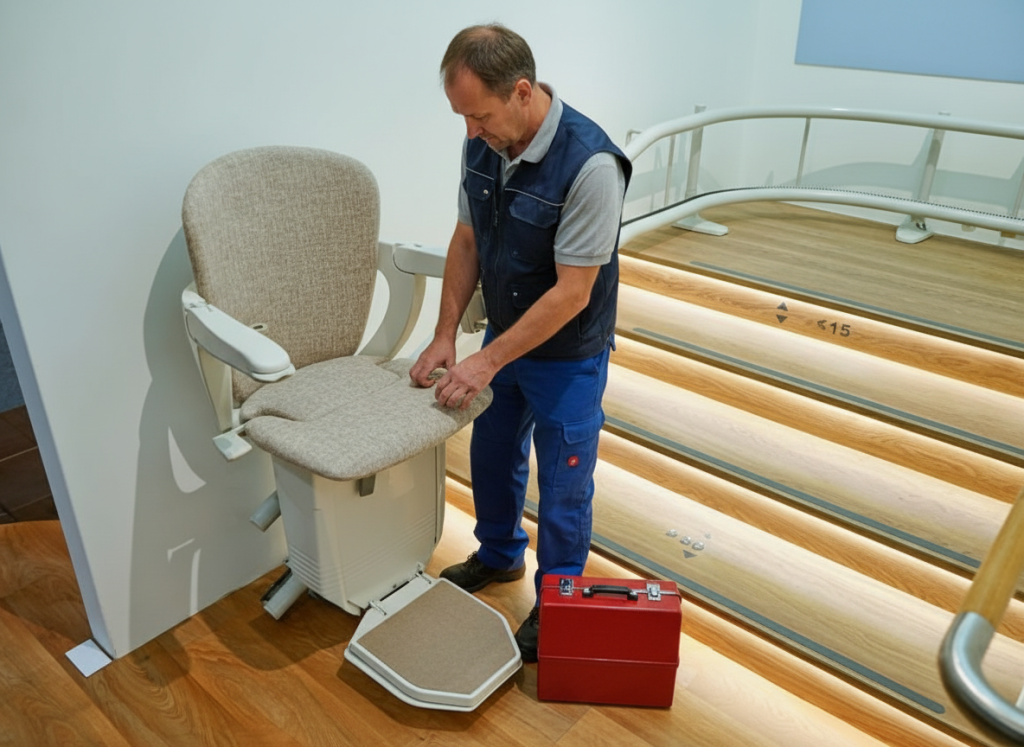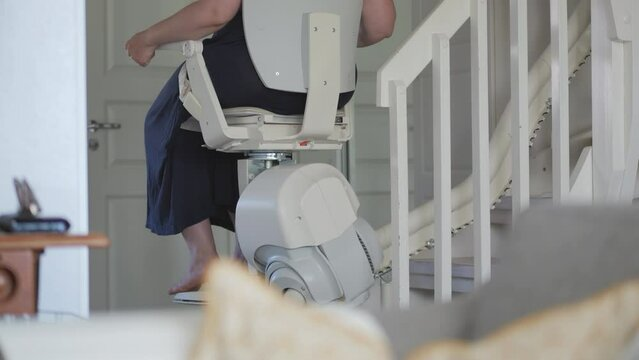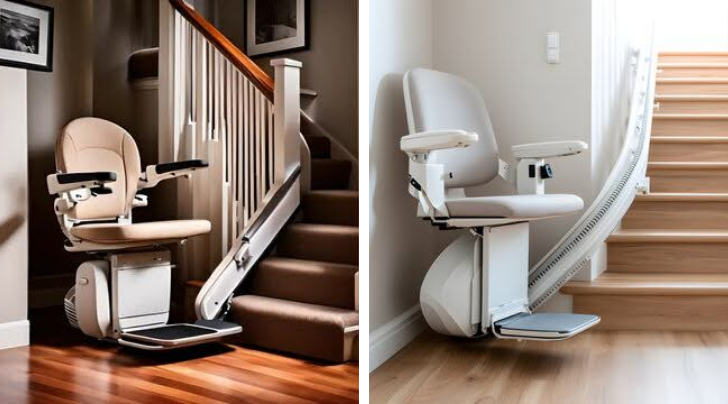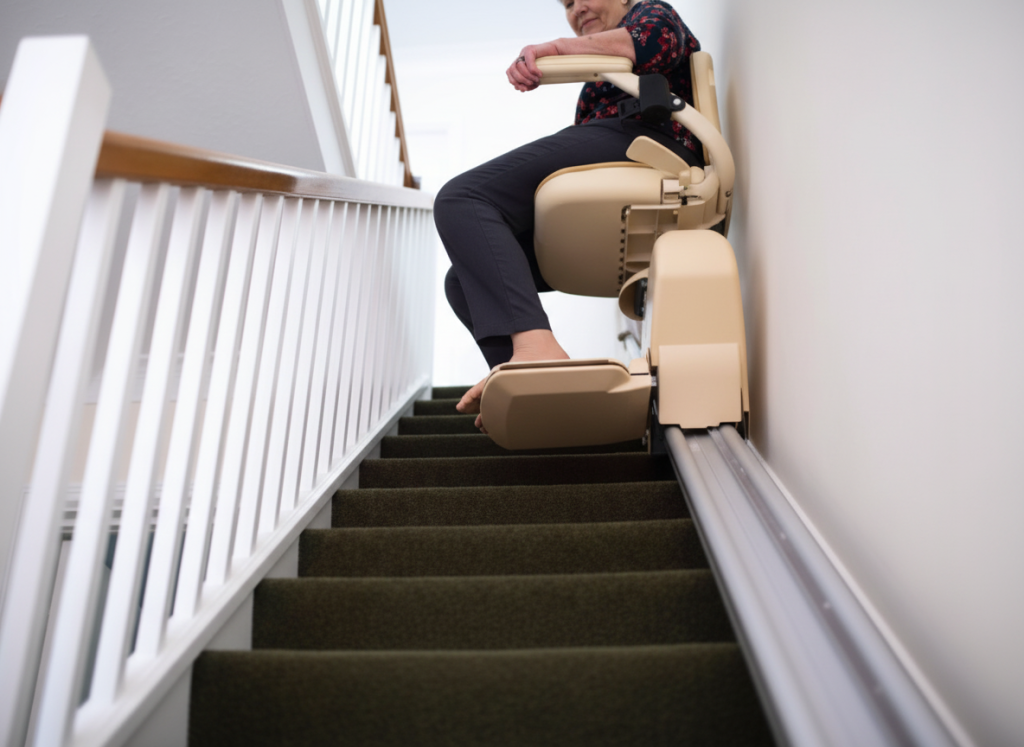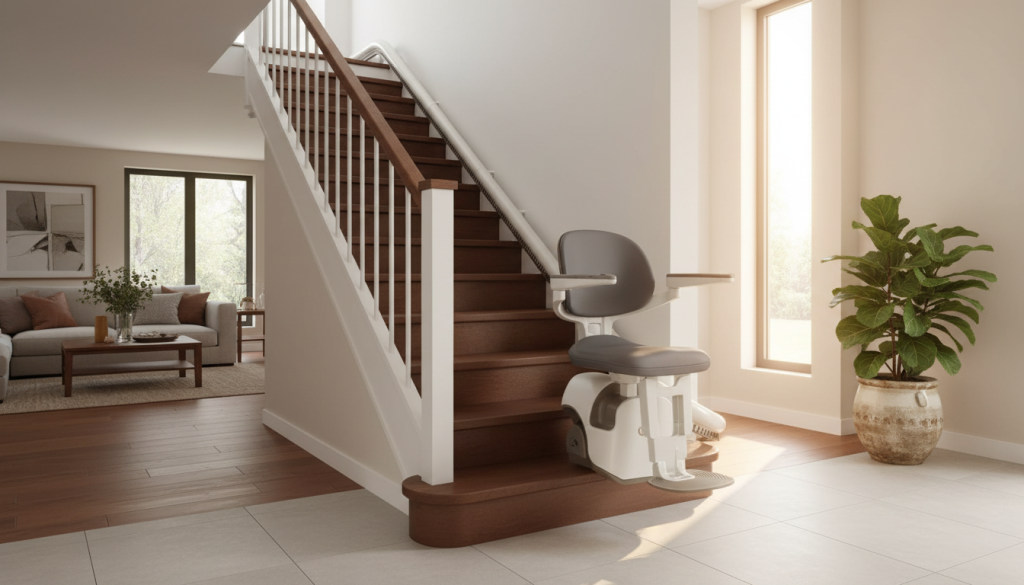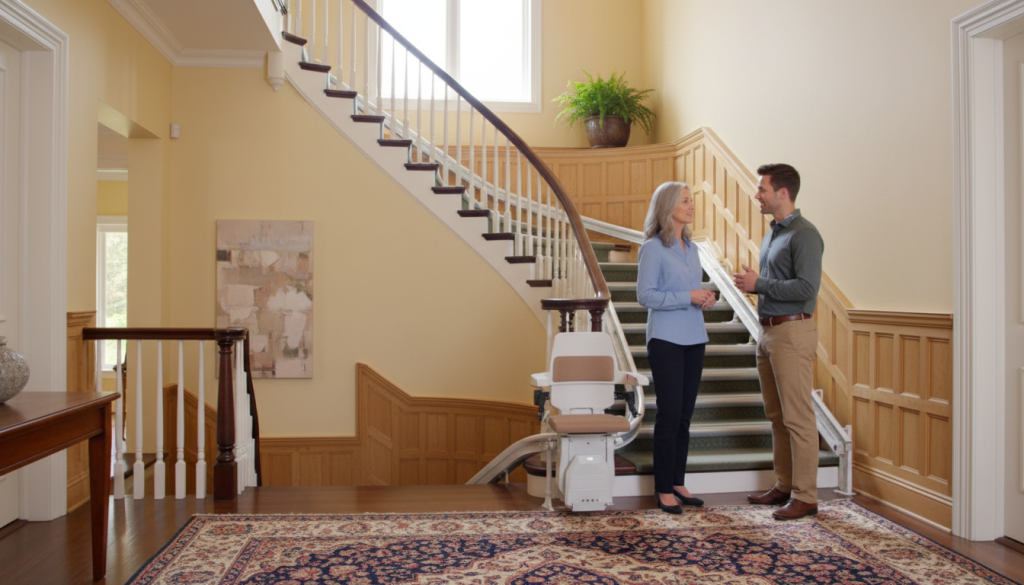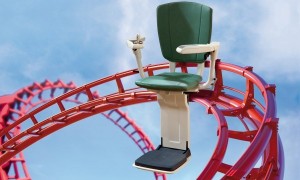 Elderly people and people with disabilities are often at risk of loneliness and social isolation. This can have a serious effect on their health.
Elderly people and people with disabilities are often at risk of loneliness and social isolation. This can have a serious effect on their health.
51% of people over the age of 75 in England live on their own, 5 million elderly people say that the TV is their main form of company, and one in every five elderly people say that they are lonely.
There are a number of reasons behind this. No longer being at work, old age, weakness, disabilities, illness and the deaths of spouses and friends with whom they would have previously socialised with can all be contributing factors. For someone who is elderly or disabled, simple everyday activities like going to the shops, going to see friends and family members, or going out to lunch can be extremely hard to do. Yet these activities are incredibly important, especially if someone lives on their own, as they can make a big difference to their quality of life. Being lonely can lead to depression, which in turn can lead to a serious decline in physical health and well-being. Research has shown that loneliness and isolation are as risky to health in the elderly as smoking 15 cigarettes a day.
If people aren’t able to get out of their home easily then it greatly reduces the opportunities for meeting people and talking to people. Yet simple changes can often help to overcome this hurdle. Modular access ramps can give elderly or disabled people the opportunity to get in and out of their property. Although they are an incredibly simple concept, the difference that they can make to an individual’s life can be phenomenal. Whereas previously an individual might be effectively trapped in their own home unless a friend or relative came over to help them, a ramp can mean that they can manage the steps or thresholds leading to or from their home.
Some people might not even need a ramp – something as simple as installing a handrail on their steps could make the difference between leaving the house and not leaving the house. Once this simple change has been made, they may be able to get out and get involved in local community activities such as bridge, bingo or quiz nights, or join groups like the WI, the Rotary Club or faith groups, or even just walk to the local library, museum or coffee shop. Getting out of the door might be the only thing stopping them getting out, as once they can leave their home they might be able to use a free over-60s bus pass to get around, or other transport services for the elderly.
Other ways for elderly people to combat loneliness are for them to invite their friends, family and neighbours round for tea, or learn to use computers and the internet to help them keep in touch with family members (particularly grandchildren) better. Friends and family have a key role to play here too, as elderly people might not want to be what they perceive as a nuisance or inconvenience, and so don’t tell their loved ones that they are lonely. If you have an elderly relatively, have a think about if there is anything that could be done to improve their quality of life. Even if they live a long way away, a regular phone call to them can help to combat the loneliness.
For more information about combating loneliness in old age, visit the NHS Choices website, or the Campaign to End Loneliness website. To find out what simple adaptations could be made to a property that could help the elderly get out and about more, please give our friendly and experienced staff a call on 01427 787532, email info@obam.co.uk or visit https://obam.co.uk/.

